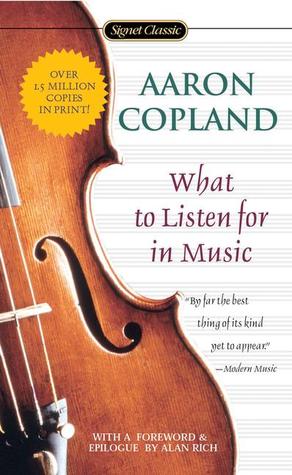This is sort of an interesting question, often times I try to figure out
why I like certain kinds of music or songs. Some I can figure out why I do, some I can't. For the most part, I don't think music theory, in and of itself, would really help to explain anything, although it's a good start. However, there are definite "qualities" of songs that really hit the spot for me, and I guess, to some extent those qualities can be described in a semi-technical way.
The songs that appeal to me most are ones that make me cry. I like other songs for other reasons, but the ones I like the best are ones that bring me to tears. And there are several "qualities" in songs that do this to me.
One of those qualities is what I personally call "tension." There are just certain songs that have this certain kind of "tension" in them that, at least when I'm in the right mood, makes tears stream down my cheeks. Not sure why, they just do. It's sort of hard to "technically" describe this tension, but I can show you several songs that definitely
have this tension.
One such song is Rock and Roll Woman by Buffalo Springfield. As I type this I am listening to it and literally tears are streaming down my cheeks. The acoustic guitar line is doing its own thing and creates this contrast to - or tension with - the main vocals that just hits me right *there* for some reason.
https://www.youtube.com/watch?v=_QDpdS3Atyo
A song I consider similar - though it doesn't make me cry as often - but it has this same kind of arpeggioed acoustic guitar line that the Buffalo Springfield song has that creates this sort of tension with the vocal line, is ONJ's Please Mr Please, believe it or not:
https://www.youtube.com/watch?v=O6JJjfnNwsY
Somewhat similar are a certain category of songs that have this combination of tension and what I call "desperation." The classic example of this to me is Battle of Evermore:
https://www.youtube.com/watch?v=7_3yDImIQYU
The whole song is just like this long, drawn out cry for help, or something. Bearing your soul at the top of your lungs. Really hits me *there*.
Finally there are songs that are just flat-out beautiful and sad, that often bring tears to my eyes. My favorite example is EJ's First Episode at Hienton:
https://www.youtube.com/watch?v=tPP4N820BBY
Another thing that sometimes brings tears to my eyes is complexity. I just *love* songs with a thousand things going on all at once, total sensory overload. Progressive rock is really good at this. A song like I've Seen All Good People is a great example. I love timing all the different parts coming in at different times, noticing how each part compliments each other, and so on. Not as much of a tear jerker as the "types" above, but if I'm in the right mood, it'll do it to me, in a sort of "joyous overload" kind of reaction.
https://www.youtube.com/watch?v=uJM7TdshUbw
Finally, there is what I (and others) call "color" in music. This is hard to describe technically, but you know it when you hear it. Psychedelic rock has lots of "color" as do classical composers such as Debussy and Ravel. I love this kind of stuff, I find it very "visual" (even without a video!) Some examples:
https://www.youtube.com/watch?v=dPjVlkcai78
https://www.youtube.com/watch?v=YHrstmOPKBQ
Believe it or not, but I could personally consider both the Tame Impala song and the Ravel piece to be in the same genre.
In summary, at least based on my experience, I think "music theory" may be a start, but you really need to go deeper to do what you want to do. Music theory gives you the paint and the brushes you need to paint the painting, but you'd really need to learn why some colors look better next to each other, and that sort of thing to really understand how to make a good painting.





 Linear Mode
Linear Mode
